I surf the personal finance / FIRE forums frequently, and one question that often pops up is: How do I get started on my investment journey? Usually asked by the very young people, sometimes even before they hit the legal age to do so, such questions reflect an eagerness to make it in the financial markets, that hopefully one will be able to achieve a decent income through sitting at home and pressing the buttons during their free time and at their convenience.
Today I will attempt to answer this question, based on my own experience and knowledge, some of which I paid very high ‘school fees’ (actual investment losses) in order to learn. Of course, this is based on my own competency level, my own risk appetite, my own situation etc, which may be different from what you are facing, and which you can adapt to fit your own unique circumstance. Investment is not, and should not be a gamble, but rather a structured way to systematically profit from an imbalanced game in which double standards are enforced against us.

Self-Preservation Is Priority
There are good stable blue-chip stocks with little movements. There are highly volatile penny stocks. The same goes for trading forex and commodities. The trades with little movements may not earn you much compared to the highly volatile ones, but they also carry with them much lesser risks. One mistake I made as a young trader was putting potential profits above everything, and although I may have 9 successful trades, all it takes is 1 failed trade to wipe out everything I have earned so far.
Self-preservation should be the priority. Only when you are in the game, that you have a chance at profits. If you stake all your money in for potential profits, only to have everything swept away and kicked out of the game, you will be worse off than before. We can move forwards slowly, but we cannot afford to get kick out of the game. Exiting the game in accordance to your plan is a different story though.
Consider allocating a significant portion of your portfolio into stable dividend paying stocks such as power grid companies, REITS, banks. The specifics of each sector in each country have to be determined by your own homework. Such stocks, though may not give you great capital gains, pays out regular dividends. In good times, this is stable profits. In bad times, such dividends will offset your paper losses in the stock.
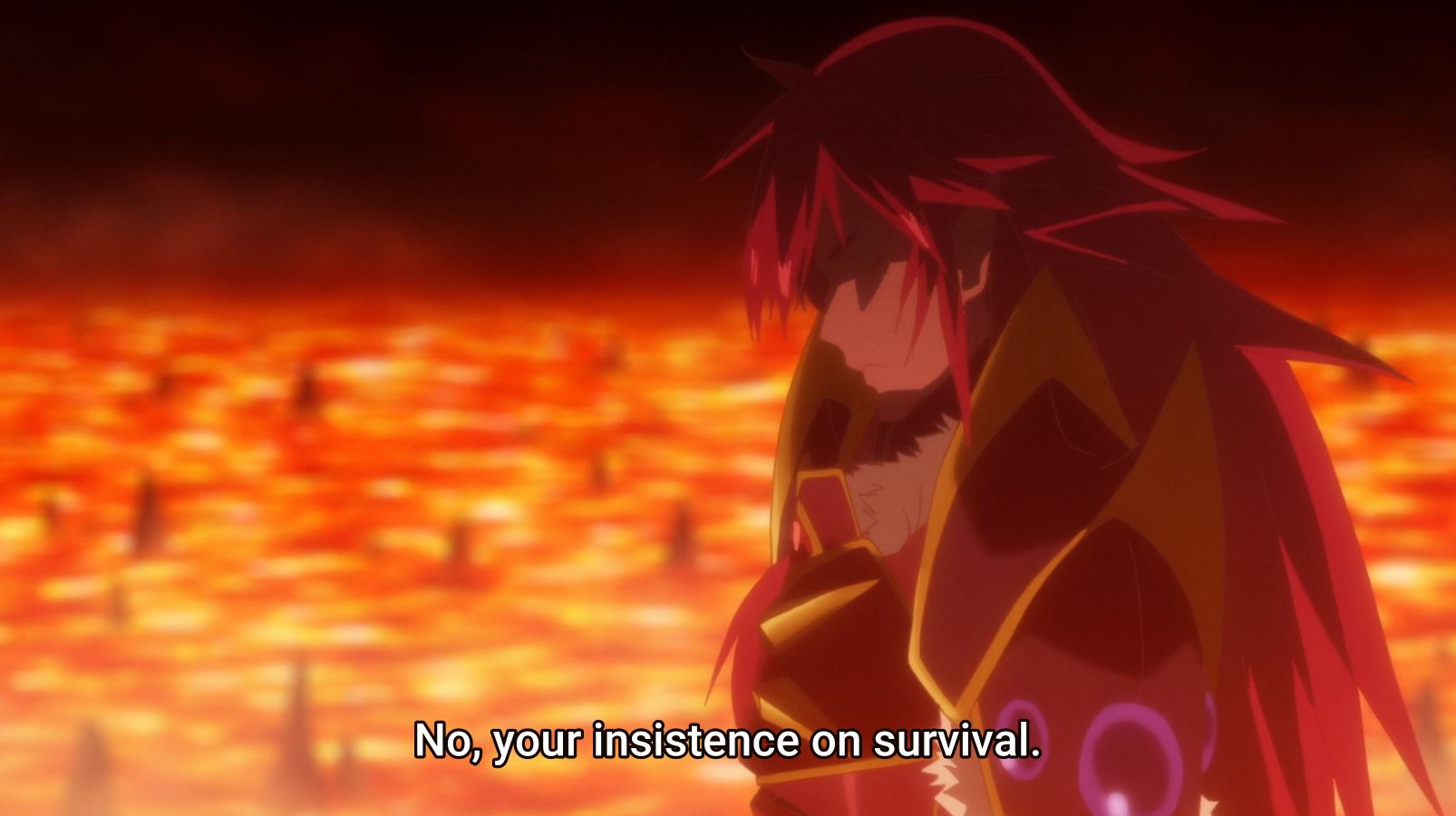
Do Not Put Everything In At One Go
Some of us may have saved up a nice $10k, ready to go in. Some of us may have gotten a tidy sum of inheritance and thought of investing for long term gains. Whatever it is, it is not advisable to put the whole sum of money we have in right at the start. The average man working with publicly available information will generally not be able to buy at the lowest price nor sell at the highest price. Whichever stock / currency / commodity / options etc you decide to get into, there is a very high probability that it will go in a reverse direction sooner or later. At that time, you may wish you did not buy so much of that stock earlier on, and that you have more money to buy at the current price to average down. Sometimes, your investment just goes one way down without any end in sight.
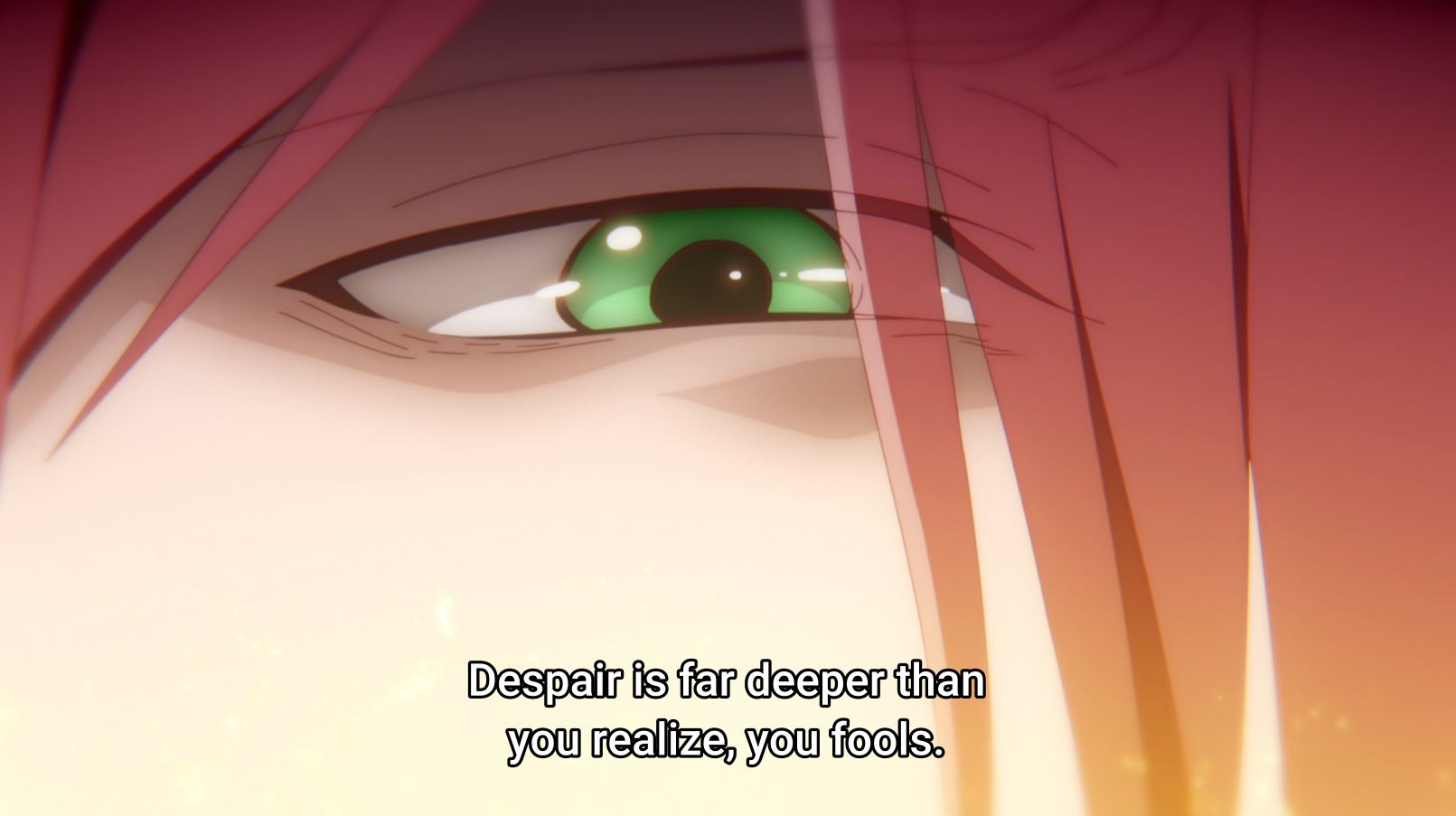
Diversify Your Investments
The cliché goes: Never put all your eggs into one basket. Standard portfolio management will tell you to put some into stocks, some into bonds, some into ETFs and a minor portion into higher risk stocks if you feel like it. I will not go deeper into this textbook analysis, for it makes sense and is easily searchable online. But many also forgot to tell you not to put everything into one country. For example, many people’s portfolio are all financial instruments from one country. Things can go terribly wrong if something unexpected happen.
Take Japan for example, its stock market broke a 30-year high recently, but likewise its currency crashed down a 30-year low at the same time. For a typical Japanese investor, does he really profit at the end of it? Split up the portfolio in terms of country too.

Do Your Own Homework
Do not follow the hype. WallStreetBets style of all-in into meme stocks like GME may be cool, but it is highly dangerous. There will always be hype into certain stocks or crypto-currency, which may even include legitimate good stocks such as Tesla or Nvidia. But following the hype is a dangerous mindset, for when it falls, it can wipe off a significant portion or liquidate everything you put in, depending on whether you play with margin or not.
Instead, do your own homework on the companies you are interested in. Study the fundamentals, study the economical and political environment, study the current affairs etc. A company with good fundamentals and management is not immune to an economical crisis, but will likely to survive at the end of it compared to another company with fundamentals built on sand. Or for example, a bank we have identified may be a very stable stock with good fundamentals. However, if the news is reporting retrenchments every other day and economical indicators are not pointing to a sign of prosperity, then we can expect a downturn may hit the banking sector in the near future.
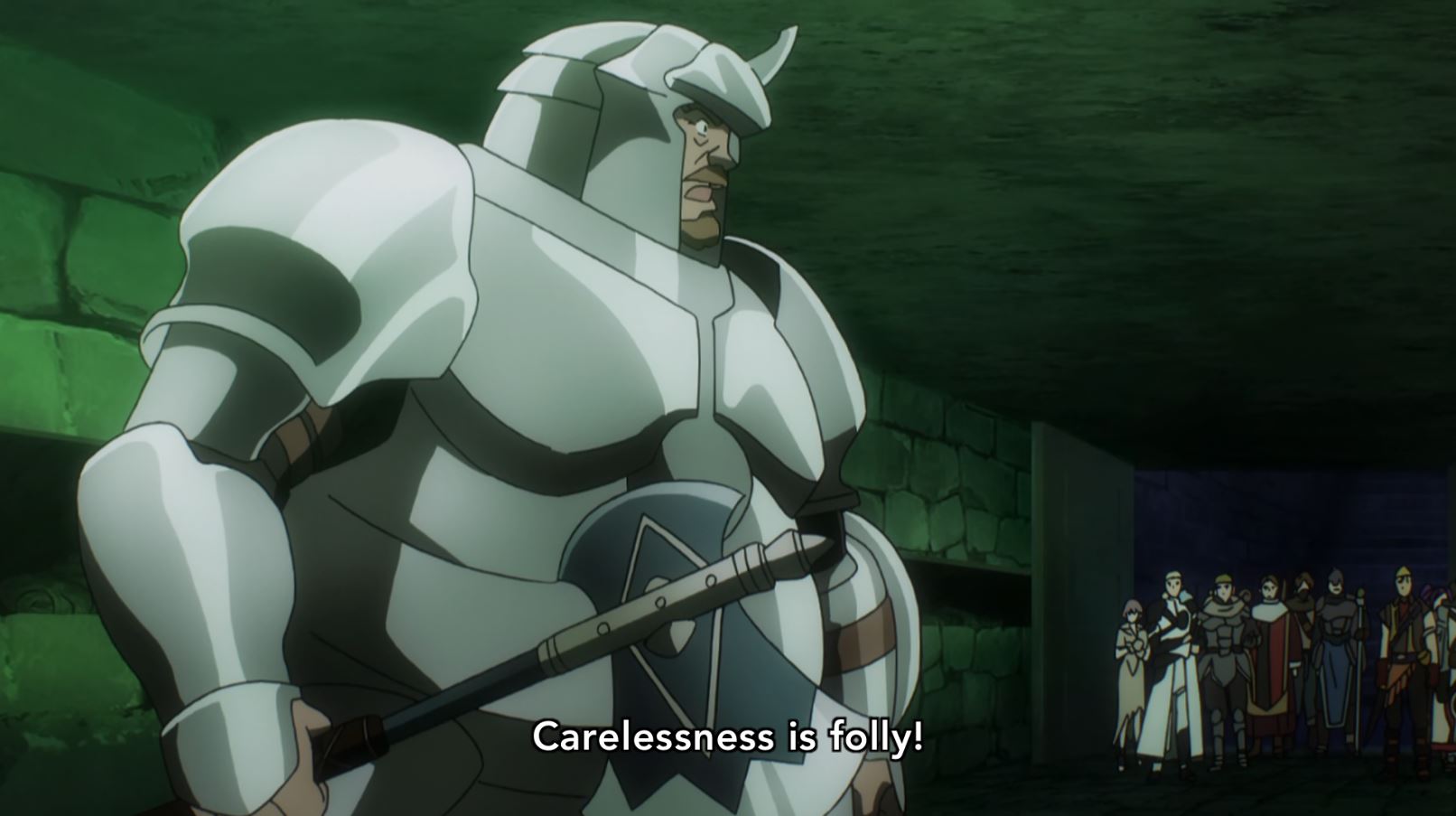
Invest Only Your Spare Money
Many people have the tendency of putting all their money into the financial markets. But things can turn for the worse, and our money may be trapped in it for a long time. What if you put the money intended for your house or wedding into a particular stock, only to see it go in the reverse direction and you have no way to wait out till it does a u-turn? You will be forced to sell at a loss for your necessary expenditure, then see it u-turn back up into a profit which could have been yours.
Many times, the stock market is about holding power. The ability to hold through bad times and wait out for good times is very critical for success. Do not invest money which you will need in the near future. It is not uncommon to be trapped for longer periods of time.
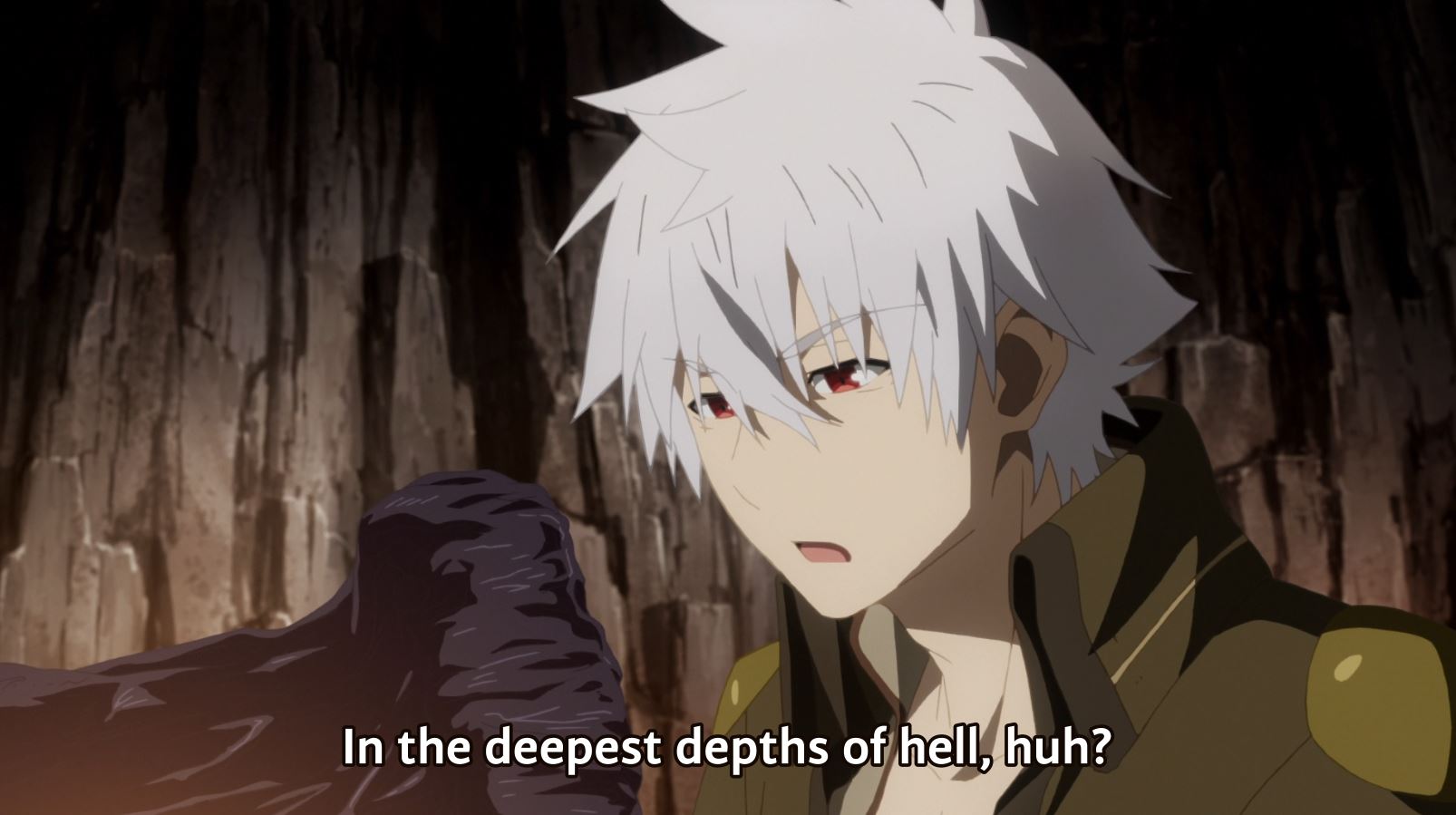
Your Sleep
One guiding principle to help me decide whether to execute a trade or not is whether I will be able to sleep peacefully at night. If my trade is on the riskier side, be it in terms of direction or in terms of volume of trade, and if I know that I cannot sleep well at night but have to keep taking out my phone every now and then to check on the status, then I will not execute that trade. I am not a full-time trader, and I need to live my life. I cannot be worrying too much about my trades when I am working, when I am with my friends, when I am sleeping or carrying out my daily activities.
True, I may miss out on potential big earnings, but conversely, I am also cutting down a lot of risks.

Patience
I invest (long term) and trade (short term). But as a young noob, I often made the mistake of being impatient, as if I am compelled to clock trades every day. If I did not open a trade, I am missing out on an opportunity. And if I see a trade I could have profited from if I did not hesitate in opening, I would be upset. A trade not opened is a sum of profit not earned. The very real danger to this is that no one is exempted from making mistakes. As mentioned earlier, if one did not set a stop-loss, a single trade could wipe out everything you have accumulated so far, making null your past other 9 successful trades. If you did set stop-loss, the idea of recouping back the losses compels one to trade even more fanatically, and such emotions will doom one to lose everything in time. I have seen it in my friends, and experienced it for myself.
Many times we thought we are patient and calm, but deep down we are driven by emotions. Be very patient. Set a plan when you are calm and logical, and stick to it. There will be dry periods where you do not open a trade for some time, and that is ok. Afterall, not losing is already half the battle won. The act of waiting is also an action taken. At this point in time, Warren Buffett’s Berkshire Hathaway Inc is holding on to $189b in cash, waiting patiently for opportunities. Even Warren Buffett, with his army of elite financial analysts, do wait at the sidelines with so much cash for so long.
Do not rush to trade. But make every trade count.
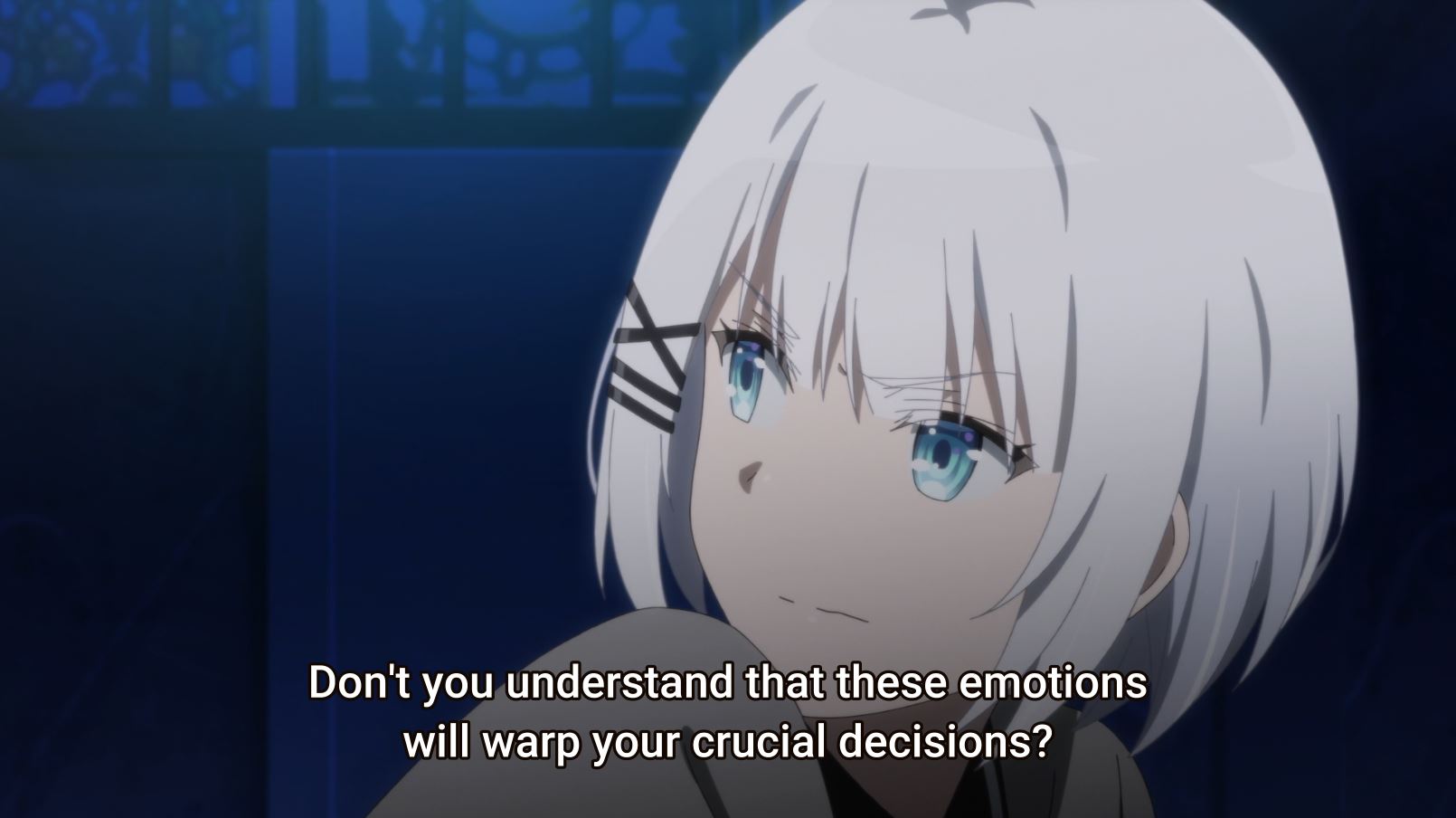
Use Big Money To Earn Small Money
This is more specifically to trading rather than investing. There are some trades which are more practical for us to use leverage, such as trading of forex and commodities. In that case, the lesson I have learnt so far is to use big money to earn small money. For example, currently I am putting in 5k USD in a trading platform. However I open only a very small size of 0.01 lot for each trade and close it when it hits a profit of $4 or $50, depending on what I trade. I can sleep well knowing that in the event of big movements, I will not be liquidated. I am protected by my balance, and I am not greedy, setting my take-profit and exiting the trade when it hits my intended price. I am attempting to earn weekly lunch money through my trades.
Not much, but it is a safe approach. Of course, I will always have floating losses, and sometimes there are more open trades than I would like especially when it does not go the way I intended.

Conclusion
Everyone has a different risk appetite and circumstance. Some are born rich with ‘unlimited money’ to try and fail. However for most of us, a single failure will take a very long time to recover. Imagine you putting in $100k to invest and losing it all, how long will you take to earn and save back the $100k? To us, money can be measured in terms of time and labour which we exchange it for. Be cautious when investing.
I would rather miss an opportunity to earn money, than to risk going in and lose money. Self-preservation is priority. Profits are secondary.
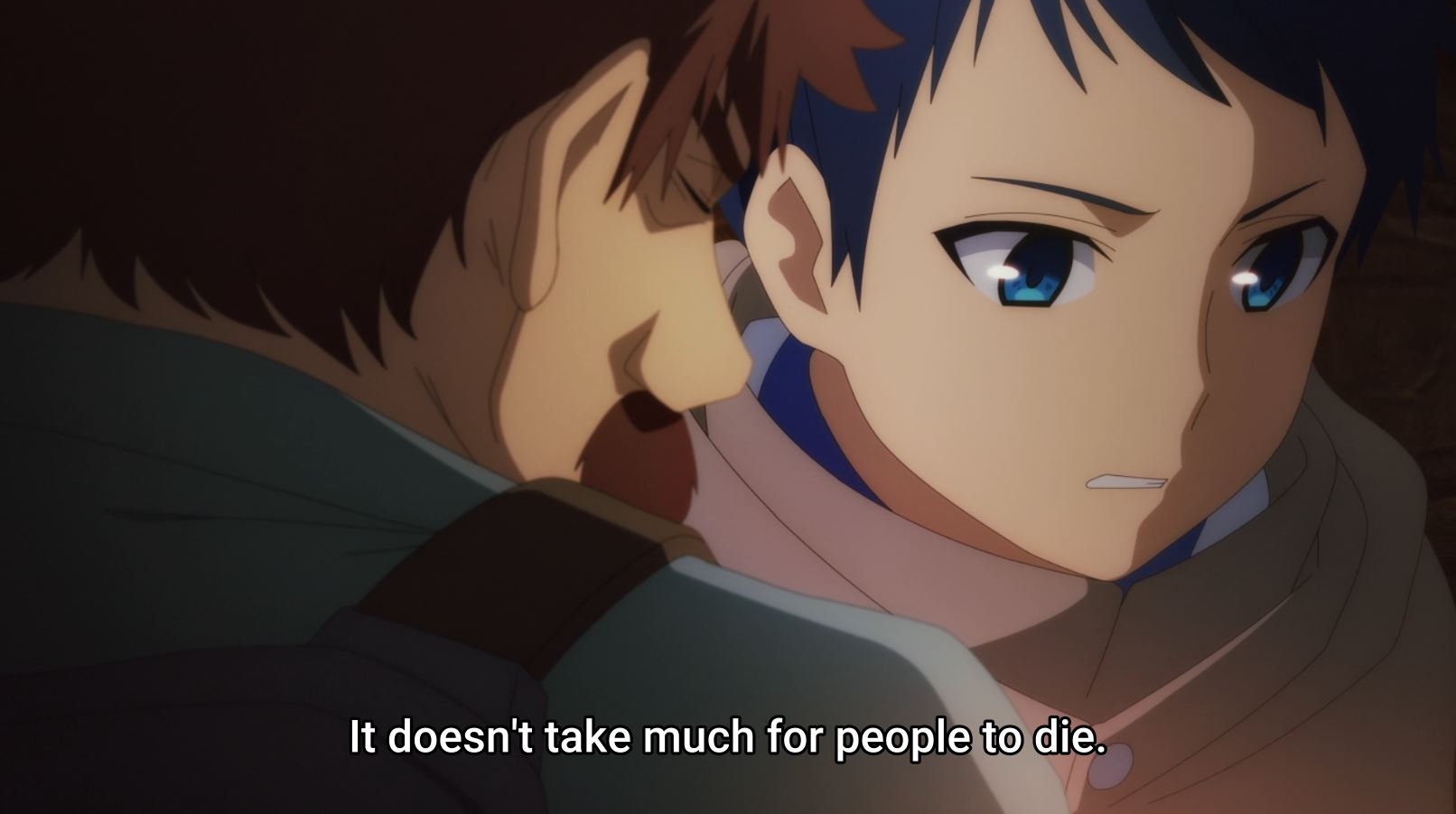
Showing 1 - 3 out of 3
Page 1 out of 1
| - | Shop Products | Price | |
|---|---|---|---|
|
|
$99,999.00
|
||
|
|
$1.00
|
||
|
|
Price range: $69.00 through $99.00
|


